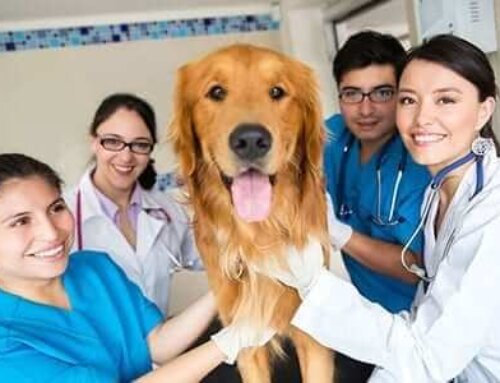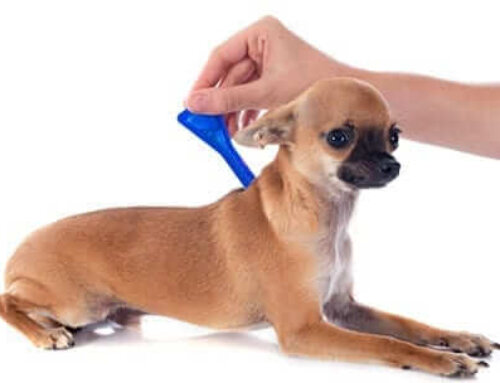Oh boy is it hot outside! You know you live in South Florida when you can break a sweat and your sunglasses fog up while going from your house to your car. Even my receptionist at my vet clinic commented on the heat the other day, and she is a South Florida native! I figure it would be a good time to remind folks about hot weather considerations for our pets, particularly as diabetic pets can dehydrate more quickly than non-diabetic pets. Quick tips to help your pet escape the heat:
- Never leave your pet unattended in a car.
- Keep water on hand.
- Keep pets in an air-conditioned area during the hottest part of the day.
- Make exercise an early morning or evening activity.
- Avoid walking on sidewalks and pavement during the heat of the day.
Always Provide LOTS of Water
Be sure to have plenty of water available for your pet. Maybe even have 2 water bowls or buckets in case your sweeties get rambunctious and knock one over. I’m certain I’m not the only pet owner who has come home to a disaster zone and wondered what shenanigans my critters had been up to while I was away! Again, diabetic pets can dehydrate more quickly than non-diabetic pets. Heat stroke is no fun. If you need to leave your pet outside in the yard on a warm day, be sure to provide shade or a kiddie pool and maybe a fan. Perhaps have neighbors check on your beloved pet if you can’t come home during your lunch break. On really hot days perhaps leave your pet inside in your cool AC even if you have the Taj Mahal of dog yards.
Don’t Leave Fluffy in a Hot Car
Cars can quickly become ovens in warm weather. Rarely do I see folks leave pets in cars down here in Florida because it is warm year-round. Most folks living in a tropical climate know it is potentially deadly to leave pets in cars. Up north, folks can usually leave Fluffy in the car in the winter months, but they may forget the danger as the weather warms up in the spring and summer. It is surprising how quickly a car can heat up. Anyone can be fooled. Don’t take the chance.
Avoid the Heat of the Day
Walk your dog in the cool of the day. This is not rocket science but good old common sense. This is especially prudent if you have a brachycephalic breed such as a pug or bulldog. Dogs with short noses often have an anatomical syndrome of long soft palates, narrow windpipes and stenotic nostrils. Since pets have few sweat glands, except on their feet, they must rid themselves of excess heat via their respirations. Just the other day one of my darling 3-year old bulldog patients came in for an exam due to his louder breathing of late. His humans noticed it as the temperature here in south Florida heated up. I advised them to avoid the heat of the day and get a few pounds off of him.
Care for Your Pet’s Feet
Another reason to avoid the heat of the day is for our pets’ feet. Pets can blister and abrade their tootsies on hot pavement. If you aren’t sure if the sidewalk is too hot for your pet’s feet, try putting your hand on the pavement. If it’s too hot for you, it’s too hot for your pet. Sandy beaches can get mighty hot as well. If you must walk your pet in the heat of the day, aim for a grassy area rather than concrete.
Sunscreen Works for Pets Too
Finally, remember sunscreen on pink noses! If you have a white pet with a pink nose a little dab will do ya. Be sure not to get it near the eyes. Our pets don’t want a sunburn either.
Have a question or comment? Then post below! I always enjoy hearing from my readers!
NOTE: Consult your veterinarian first to make sure my recommendations fit your pets special health needs.










Leave A Comment